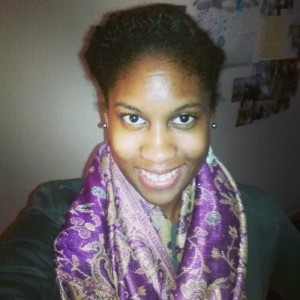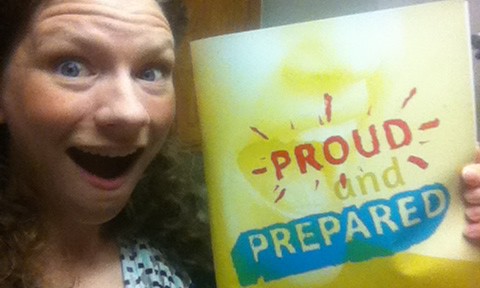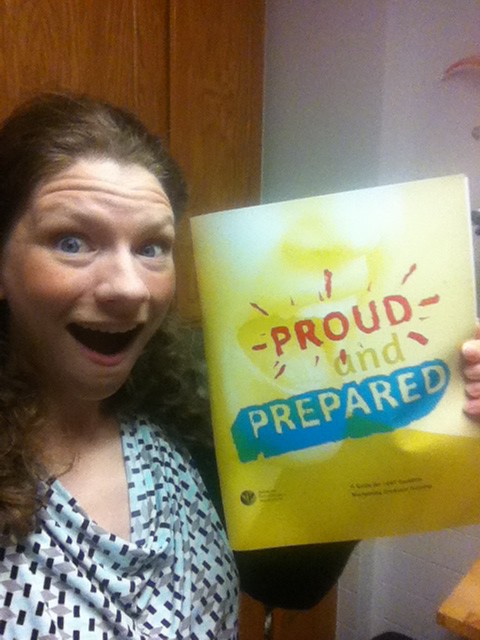The following dialogue occurred subsequent to last fall’s gradPSYCH blog post, “The Gift of They“ where an emerging psychologist embraced referring to his client using the plural pronoun of “they.”
Leighna Harrison is the current Member-at-Large, Diversity Focus. James Garcia is the Chair for the APAGS Committee for the Advancement of Racial and Ethnic Diversity (CARED). Here is Leighna’s iMessage screenshot:

Following this conversation, Leighna and James asked APAGS to post their conversation and these reflections:
From Leighna: James and I text pretty regularly, day and night, across time zones, about anything and everything – school, work, APAGS, current events, reality TV, family, friends, romance, the list goes on. Our relationship is honest, respectful and very open. He is a colleague and a friend. When I first read The Gift of They, I knew that I was missing the point, but I didn’t know what it was. As a woman of color, who thinks a lot about questions of power and privilege, I thought whatever I was missing probably had to do with blind spots I have owing to my privilege as a cisgender individual. I decided to message James for a ‘reality check’ so to speak, in order to figure out what I was missing…
From James: My relationship with Leighna is one where we both feel respected as people with intersecting identities. We are regularly “there” for each other whenever we want to process experiences and situations where we have questions or witness inequities related to different social identities (e.g., race/ethnicity, sexual orientation, economic status, gender diversity among others). Our relationship has evolved into a mutual and solid base, where we feel comfortable to explore issues we may not be familiar with.
Now, back to you, dear reader:
- What are your thoughts on having honest reflections like these?
- Do you have a peer or trusted supervisor or mentor with whom you can reflect with?
- Have you attempted to have these conversations with peers in your graduate program? If so, what was the outcome?
If you find you don’t have peers to have these discussions with, there are student groups you can join. One organization, Grad Students Talk, organizes periodic conference calls to discuss difficult topics in a safe space. If you know of other such student groups, please leave their info in the comments section.



 Guest columnist: Meredith A. Martyr, University of Minnesota – Twin Cities, Class of 2019
Guest columnist: Meredith A. Martyr, University of Minnesota – Twin Cities, Class of 2019




